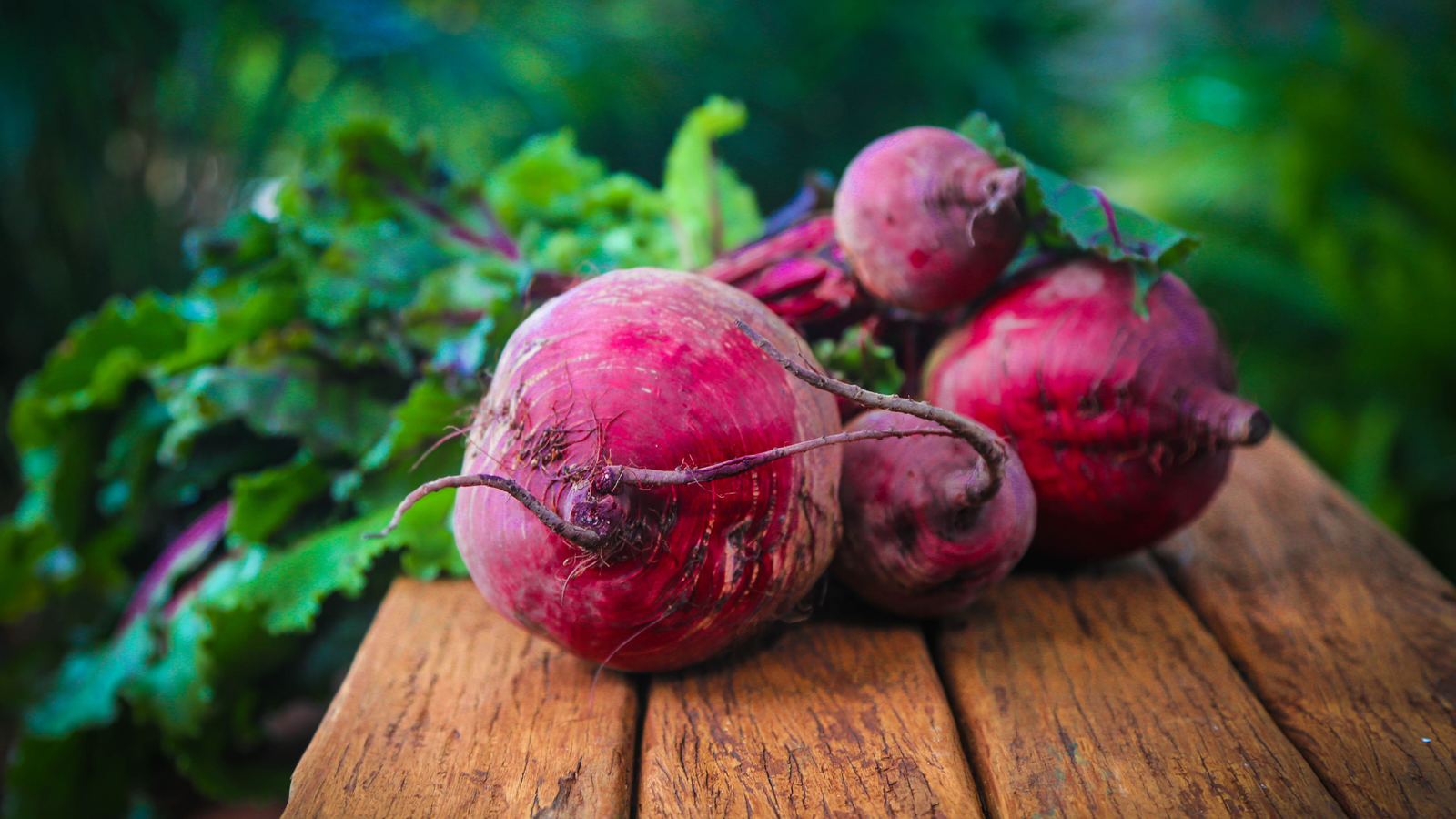RawFoodiest – IN NATURE WE TRUST ™
The Power of Seasonal Eating: Adapting Your Raw Food Lifestyle Throughout the Year
October 15, 2024 | by admin

Eating with the seasons is a practice that dates back to our ancestors, and it’s a philosophy that remains just as powerful today—especially for those following a plant-based raw food lifestyle. By aligning your raw food choices with the natural rhythm of the seasons, you can enjoy fresh, nutrient-dense produce year-round while reaping a host of physical, environmental, and economic benefits.
In this blog, we’ll explore the importance of seasonal eating for raw food enthusiasts, highlight the issues with not following this approach, and provide a step-by-step guide on how to adapt your plant-based raw food choices with each season.
- What is Seasonal Eating?
Seasonal eating refers to the practice of consuming fruits, vegetables, and other plant-based foods that are naturally harvested during specific times of the year. Seasonal foods are those that are at their peak in terms of flavor, freshness, and nutritional value.
Benefits of Seasonal Eating:
- Nutrient Density: Seasonal produce is harvested at its peak ripeness, which means it contains the highest levels of vitamins, minerals, and antioxidants. You get more nutrients per bite.
- Better Flavor: Fruits and vegetables that are in season taste better because they are naturally ripe and full of flavor.
- Cost-Effective: When produce is in season locally, it is more abundant, and therefore prices tend to be lower. You can save money by purchasing seasonal raw foods.
- Environmental Impact: Eating seasonally reduces the carbon footprint since seasonal produce typically requires less transportation, refrigeration, and packaging.
- The Issues with Not Adopting Seasonal Eating
Many people today consume the same foods year-round, often importing fruits and vegetables from distant locations. This approach has several negative consequences:
- Nutritional Decline: Off-season produce is often harvested before it’s fully ripe and stored for long periods, which reduces its nutritional content.
- Higher Costs: Out-of-season produce tends to be more expensive because it has to be shipped from other parts of the world.
- Environmental Damage: Transporting out-of-season foods over long distances increases carbon emissions and contributes to global warming.
- Artificial Ripening: Many off-season fruits and vegetables are ripened using chemicals or gas during transport, which can compromise their taste and health benefits.
Fact: Studies have shown that fruits and vegetables harvested in-season have up to 30% more nutrients than those grown and harvested out of season.
- How to Adapt Your Raw Food Lifestyle for Each Season
Spring: Rejuvenation and Detox
Spring is a time of renewal, and it’s the perfect season to focus on detoxifying the body. During spring, many leafy greens and herbs are abundant, providing the perfect opportunity to cleanse and refresh your system.
- Best Foods to Eat in Spring: Spinach, arugula, dandelion greens, asparagus, peas, radishes, strawberries, and citrus fruits.
- Benefits: Spring greens are rich in chlorophyll, which helps detoxify the liver and improve digestion.
Spring Tip: Incorporate more green juices and smoothies into your diet during this season to help your body transition from the heavier foods of winter.
Summer: Hydration and Energy
Summer is the time for light, hydrating, and cooling foods to help balance your body’s temperature and keep you energized during the warmer months. Raw fruits and vegetables are at their peak in summer, and it’s the best time to enjoy them in abundance.
- Best Foods to Eat in Summer: Watermelon, cucumbers, berries, peaches, tomatoes, zucchini, bell peppers, and fresh herbs like basil and mint.
- Benefits: Summer produce is naturally hydrating and provides essential electrolytes, helping you stay cool and refreshed.
Summer Tip: Focus on water-rich fruits and vegetables to stay hydrated and energized. Prepare raw salads, cold soups, and fruit-based snacks.
Fall: Immune Support and Nourishment
Fall is a transitional season, and it’s a time to focus on boosting your immune system and nourishing your body in preparation for the colder months ahead. The abundance of root vegetables, squashes, and apples during fall provides grounding energy and helps you stay healthy.
- Best Foods to Eat in Fall: Pumpkins, sweet potatoes, beets, apples, pears, carrots, and kale.
- Benefits: Fall produce is high in vitamins A and C, which support your immune system and help you stay healthy as flu season approaches.
Fall Tip: Use the abundant fall harvest to prepare hearty raw salads, raw apple desserts, and root vegetable juices.
Winter: Warmth and Comfort
Winter is the season of comfort, but that doesn’t mean you have to compromise your raw food lifestyle. Instead, focus on hearty, warming raw meals that nourish and satisfy while still being light on digestion.
- Best Foods to Eat in Winter: Citrus fruits, avocados, nuts, seeds, winter greens like cabbage and Brussels sprouts, and fermented foods like kimchi and sauerkraut.
- Benefits: Winter produce is packed with immune-boosting antioxidants and healthy fats to keep your body strong and resilient during the cold months.
Winter Tip: Incorporate warming spices like ginger, cinnamon, and cayenne into your meals. These spices stimulate circulation and help keep you warm.
- Why Eating Seasonally is Better for Your Health
Boosts Immune System
Eating seasonally ensures that you’re consuming the freshest, most nutrient-dense produce, which strengthens your immune system. Seasonal foods are naturally aligned with the body’s needs during different times of the year, providing support when your body needs it most.
- Example: In the winter, citrus fruits like oranges and grapefruits are in season, and they provide a powerful dose of vitamin C to support your immune system against colds and flu.
Supports Digestion
Seasonal foods are often easier to digest because they’re fresh and naturally suited to the climate. For example, the cooling, hydrating foods of summer help balance your body’s heat, while the denser, grounding foods of fall and winter help you feel nourished and warm.
- Economic and Environmental Benefits
Reduces Grocery Costs
Seasonal produce is abundant, which means it’s often cheaper to buy than out-of-season foods that require long-distance transportation. By eating what’s in season, you can significantly reduce your grocery bill while still enjoying a variety of delicious raw foods.
- Fact: According to studies, seasonal produce can cost up to 50% less than out-of-season or imported produce.
Lowers Your Carbon Footprint
When you eat seasonally, you’re more likely to buy locally-grown foods, which reduces the need for long-distance transportation. This reduces your carbon footprint and supports local farmers, contributing to a more sustainable food system.
- How to Start Eating Seasonally
Transitioning to a seasonal raw food lifestyle can be simple if you follow these steps:
- Visit Local Farmers’ Markets: Farmers’ markets are the best places to find fresh, seasonal produce. Speak with farmers to learn about what’s in season and how to prepare it.
- Learn What’s in Season: Educate yourself on which fruits and vegetables are in season during different times of the year in your region. There are many online resources and apps that provide seasonal produce guides.
- Meal Plan Around Seasonal Foods: Plan your raw food meals around what’s available in your local markets. This will help you diversify your diet and make the most of the season’s bounty.
- Preserve Seasonal Produce: For those who follow a raw food lifestyle, dehydrating or freezing seasonal produce allows you to enjoy it later. For example, berries can be frozen during the summer and used in smoothies throughout the winter.
Conclusion: Embrace the Seasons for Optimal Health
Seasonal eating is more than just a trend—it’s a powerful way to nourish your body, support the environment, and save money. By aligning your raw food choices with the natural cycle of the seasons, you can experience better health, greater energy, and a deeper connection to nature.
Not adopting seasonal eating can leave you nutritionally depleted, financially drained, and contributing to environmental harm. Embrace the beauty and benefits of eating with the seasons, and watch your health and well-being thrive year-round.
–Axay Shah
Raw Food Guru
RawFoodiest.com
RELATED POSTS
View all




